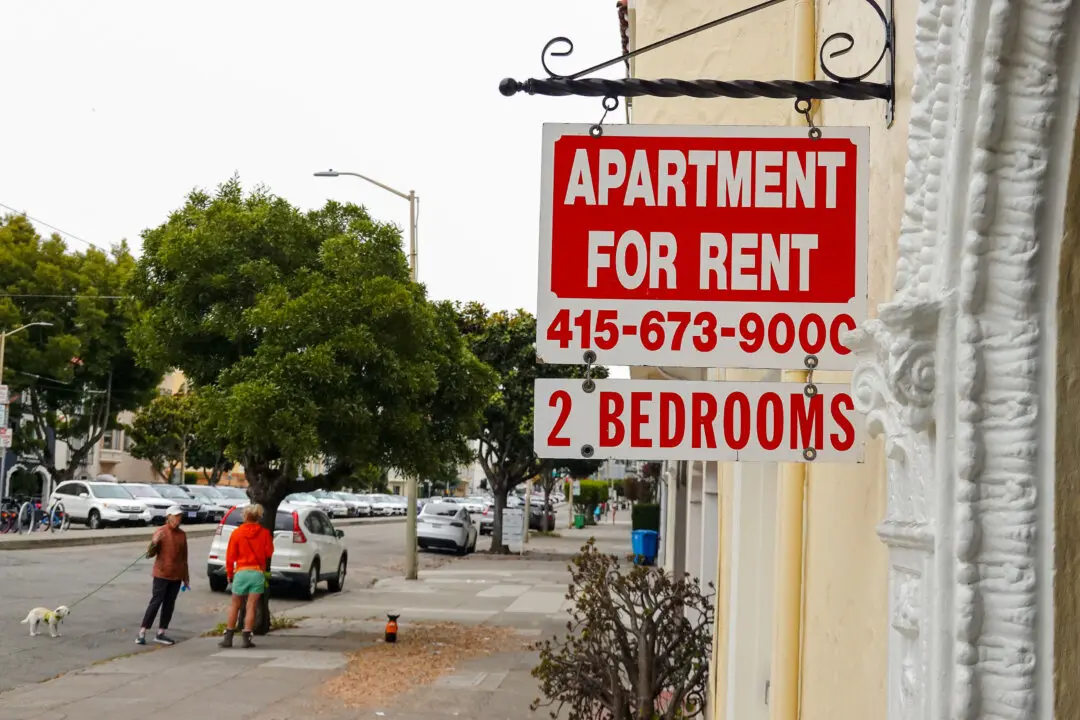California voters have rebuffed Proposition 33, which would have given cities and counties authority to control residential rents, according to unofficial election results. At the same time, Golden State voters approved Proposition 34, a measure that critics call “revenge politics” aimed at one of the rent control proposal’s key backers.
Proposition 33—known as the Justice for Renters Act—sought to prohibit the state from limiting the kinds of rent control laws enacted by cities and counties.





